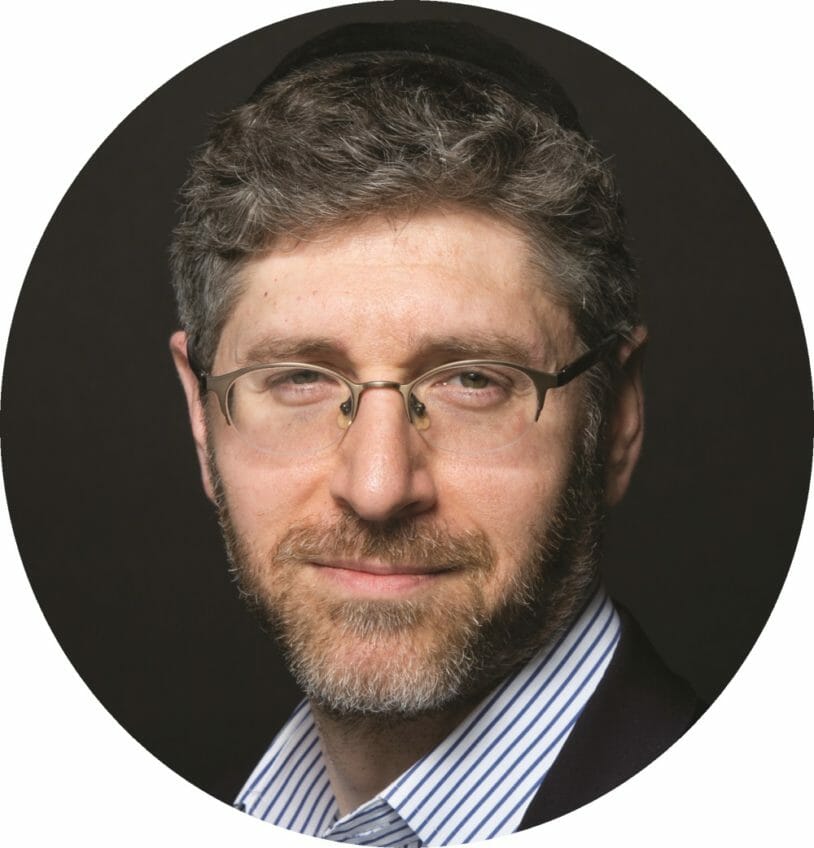Merck CEO Kenneth Frazier’s withdrawal from a presidential manufacturing council last month thrust pharma into the national spotlight. The CEO’s decision may well go down as one of the most principled stands by the CEO of a major U.S. company, let alone a drugmaker, in American history.
Frazier quit the council after President Donald Trump equivocated in his response to protests in Charlottesville, Virginia, involving far-right nationalists who occupied a downtown park and counter demonstrators who came to protest the white supremacist rally.
See also: Frazier’s call earns him praise, rare for a pharma CEO
Videos shot by Vice News show white supremacists marching with Tiki torches in hand chanting anti-Semitic slogans, and what began as a largely peaceful street march by the counter protesters turned violent when a car struck the crowd, killing a woman and injuring 19.
The president condemned the “violence on many sides,” but stopped short of directly denouncing the far-right element. The Monday morning following the protests, Frazier announced, via Twitter, his resignation from the president’s American Manufacturing Council “as a matter of personal conscience,” adding that America’s leaders need to clearly reject “expressions of hatred, bigotry, and group supremacy.”
His exit was followed by an angry tweet from Trump that Frazier will now “have more time to lower ripoff drug prices!”
Some 24 hours later, Trump again faulted both sides. That proved the tipping point for some of those CEOs who had initially remained on the advisory body. Those included J&J’s Alex Gorsky — the only other pharma CEO on the council — who issued a statement the following morning that he was stepping down, just after Trump disbanded the group, appropriately, through a tweet.
See also: Infographic: How Trump will affect healthcare marketing budgets
The incident underscores the “pressure for corporations to take sides in the current political climate and the rising moral stakes,” as inVentiv Health’s Risk & Reputation Management team summed up in a commentary.
Seizing the moral high ground isn’t always popular. But in this case, Frazier’s social post received 48,000 likes and 19,000 retweets within 36 hours, a level of support “rarely received by drugmakers,” noted MM&M.
Yet as The New York Times pointed out, none of the chief execs who had agreed to advise Trump jumped to Frazier’s side after the president attacked him. The paper called Frazier “the lonely voice of opposition,” reporting that the exodus of CEOs showing solidarity didn’t begin until Monday evening, when two other council members bowed out.
See also: Survey: 26% of brand execs say Trump will affect 2017 marketing budgets
At the time, quitting meant losing a chance to influence policy during a period when the industry needs White House allies. Then again, with the council being disbanded and the president’s actions causing a rift with manufacturers, that lost chance is now a moot point.
Nor are pundits warning that Trump’s drug-pricing slam could harm Merck. His tweets don’t pack the stock-moving punch they once did, Forbes observed.
Still, there’s plenty of populist angst out there on the affordability of medicine. Business leaders seeking to engage with the administration over issues such as this could have a harder time doing so.
Yet for Frazier, calling for the president to take a stronger stand against intolerance and extremism, the best path was one of disengagement.
 Marc Iskowitz is editor in chief of MM&M.
Marc Iskowitz is editor in chief of MM&M.
From the September 01, 2017 Issue of MM+M - Medical Marketing and Media







